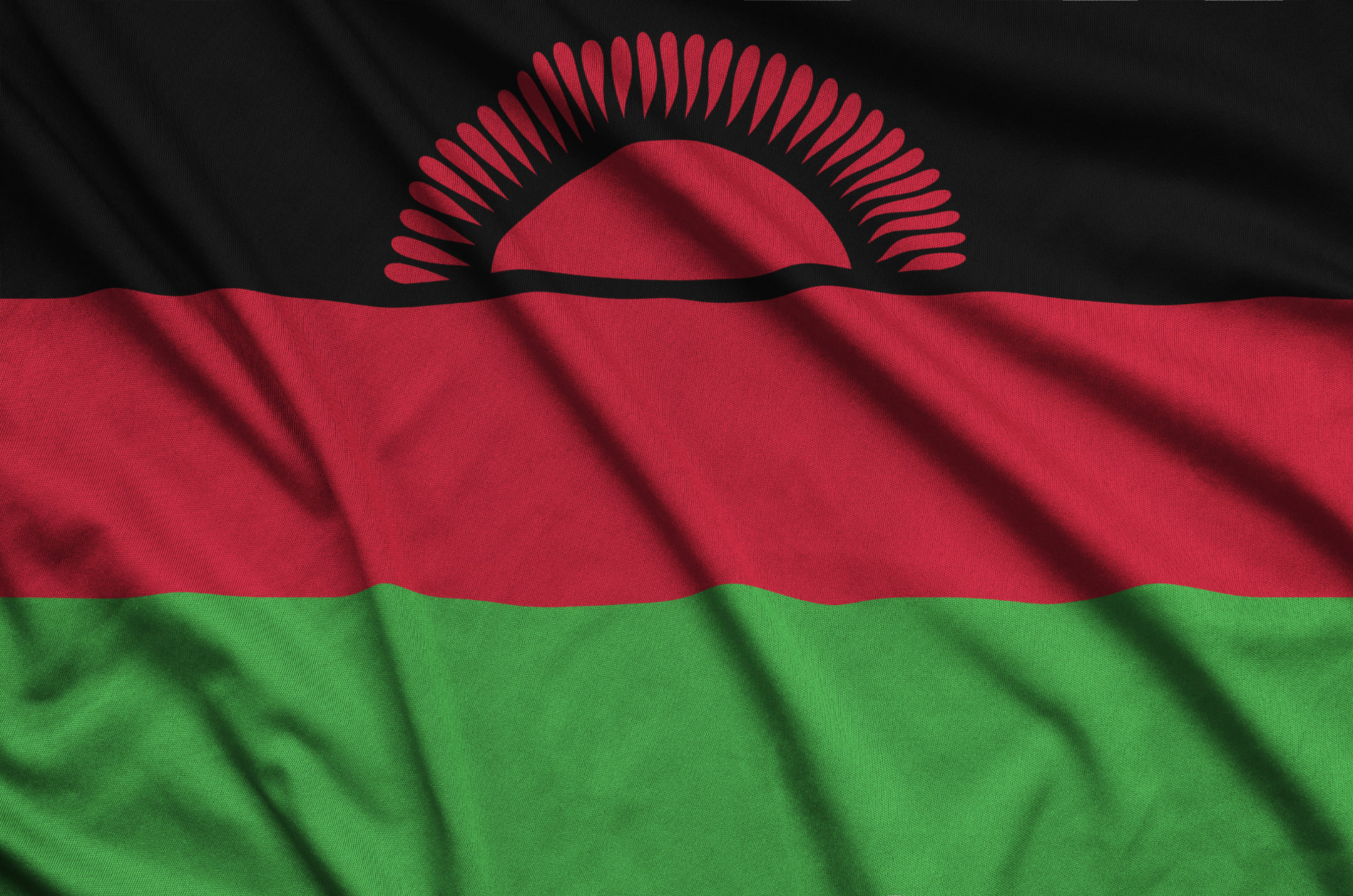
To be clear, no provision in the Malawi Penal Code criminalises the selling of sexual services by a sex worker. Yet, some police officers in Malawi appear to be operating under the assumption that sex work is illegal. This assumption is based on an interpretation of section 146 of the Penal Code which prohibits a woman from living on the earnings of prostitution. Such an interpretation is then used to justify an arrest under section 184(c) of the Penal Code, which provides that a person found in a place in circumstances which lead to the conclusion that such person is there for an illegal purpose, is deemed a rogue and vagabond.
Section 146 of the Penal Code stems from the British Colonial Office Model Criminal Code and is exactly the same as similar provisions adopted in the criminal codes of other former British colonies, including Tanzania and Kenya.
The origin of section 146 of the Malawi Penal Code can be traced back to 1912, when English lobbyists sought to deal with unsubstantiated allegations of women being trafficked to colonies for the purpose of prostitution. These allegations led to debates in both Houses of the English Parliament on the Criminal Law Amendment (White Slave Traffic) Bill. At the time, considerable pressure was put on the English Parliament to pass the Bill on an urgent basis.
Minutes of these parliamentary debates, clearly reflect that the introduction of an offence of living on the earnings of prostitution was not aimed at sex workers, but rather at those who exploited them. The additional application of the living-on-the-earnings offence to women was premised on stories circulating at the time about women’s involvement in trafficking and procuring other women for the sex trade.
Discussions in the House of Lords on the Bill emphasised that “immorality is not a crime in the eyes of the law, prostitution is not a crime in the eyes of the law, and this Bill does not seek to suppress either the one or the other”. The discussion in the House of Lords noted that the Bill was aimed at amending the crime of living on the earnings of prostitution: “With the immoral man and immoral woman the law is not concerned. But with the procurer, the kidnapper, the souteneur, the trafficker in human life, the person, man or woman, who fattens on the proceeds and earnings of another’s degradation.”
Based on the principles of legal interpretation and the legislative history of the offence, it is clear that section 146 of the Malawi Penal Code applies to women who live parasitically on the earnings of other sex workers, and not to sex workers themselves. Accordingly, the phrase “living on the earnings” has been interpreted narrowly by a wide variety of courts as having a parasitic component, as noted above, meaning that sex workers are not prohibited from using their own earnings.
An approach interpreting “where a woman knowingly lives wholly or in part on the earnings of prostitution” to apply to and criminalise the earnings of a sex worker violates the principle of legality because it broadens the offence beyond the plain meaning of its words and beyond the legislative intent of the section. Such an approach also violates the provisions of the Constitution requiring that a person not be convicted of an offence which clearly does not exist.
The ease with which police apply the Penal Code provisions incorrectly to justify the arrest of sex workers violates sex workers’ inherent right to dignity, freedom of person and personal privacy. These rights are protected by the Malawi Constitution and the regional and international conventions to which Malawi is a party.
Memorandum on s146 of Malawi Penal Code.



